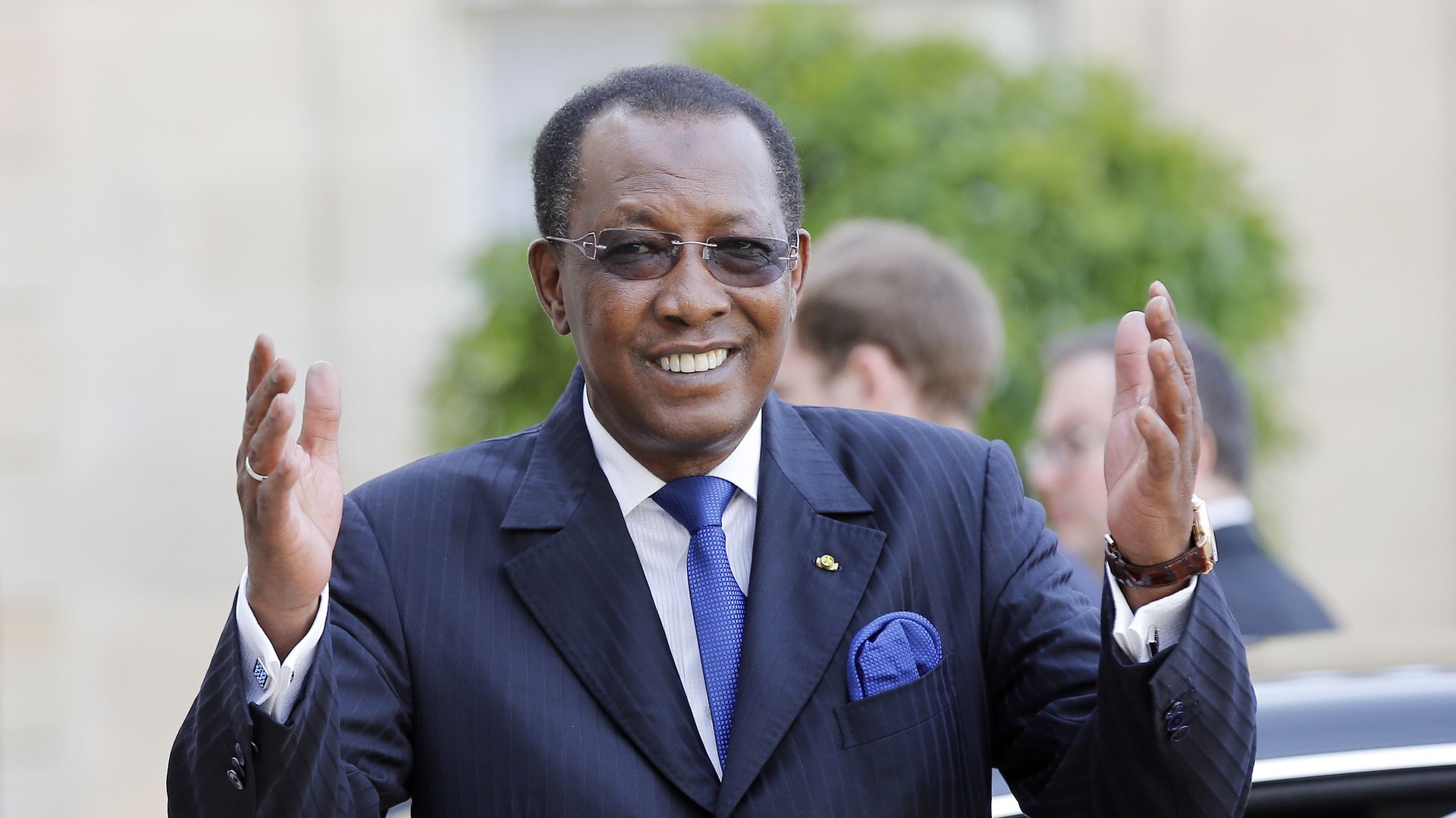Chad has now spent a full year without access to social media
365 days: that’s how long people in the north-central African state of Chad haven’t been able to freely access major social media platforms like Facebook, Twitter, WhatsApp, and Viber.


365 days: that’s how long people in the north-central African state of Chad haven’t been able to freely access major social media platforms like Facebook, Twitter, WhatsApp, and Viber.
Digital activists first started reporting on March 28 last year that access to the sites on the country’s two main mobile operators, Tigo Chad and Airtel, had been restricted. The telecom companies have since confirmed the government ordered the restrictions. Activists say the shutdown violates international law, hurts vital economic industries, and deprives users of connecting with family and friends at home and abroad.
“The censorship of social networks has plunged citizens back into isolation,” says Abdelkerim Yacob of digital advocacy group Internet Sans Frontières (ISF). The lengthy cutoff, he added, has “cut Chadians out of the global conversation, and curbed penetration and digital development.”
The social media cutoff constitutes one of the longest shutdowns in Africa, after a 230-day internet blackout in Cameroon last year. Disrupting internet connectivity is an increasingly common tactic used by African governments, particularly ahead of or during tense elections and anti-government protests. As research has shown, the likelihood of a cutoff increases the longer a long-time African leader is in power. But the censorship also has the effect of strangling economic entrepreneurship and development. Across the continent, tools like WhatsApp have become the 21st-century marketplace, allowing businesses to reach customers in urban and rural areas.
Chad’s shutdown began after a national gathering of politicians and traditional chiefs last March passed constitutional changes allowing president Idriss Deby, who has ruled the semi-desert nation since 1990, to rule until 2033. The changes, later approved by the parliament, reimpose a two-term limit scrapped in a 2005 referendum and allow the 66-year-old Deby to serve two more term limits after the next polls in 2021. Deby and his regime have in recent years faced growing public protests over austerity measures, increased economic hardship following a drop in oil prices, and violence between ethnic groups.
The current shutdown has persisted despite repeated global protests, judicial cases before the Chadian civil and constitutional courts, and letters and reports submitted by advocacy groups to the African Union and the United Nations Human Rights Council.
Citizens have resorted to using virtual private networks to get around the censorship. ISF helped raise funds [link in French] to buy and install VPNs for journalists and human rights advocates so that they continue to document and share their thoughts around the shutdown online using the hashtag #Maalla_Gatétou (Chadian Arabic for “Why did you cut off”).
But Abdelkerim estimates that only about 10,000 people in the country of 15 million have access to VPNs.
Salim Azim, the co-founder of the tech hub WenakLabs in Chad’s capital N’Djamena, says a lack of “technical knowledge” and the bandwidth required to use a VPN might explain why so few people are using them. The cutoff has been particularly difficult for businesses that would promote and sell their goods and services online or via the popular messaging app WhatsApp, Salim says.
To commemorate the one-year anniversary of the cut-off, activists are convening in N’Djamena today to discuss a way out of the crisis. Abdelkerim admits the lack of social media access has been a “big handicap” to their activism. “It is very difficult to mobilize citizens in a country where social networks are cut off,” he says.
The shutdown’s impact has been compounded by the country’s already low internet access rates and expensive data bundles, and has cost the economy tens of millions of dollars, according to internet monitoring organization NetBlocks.
“We don’t need a country that’s stuck in the past,” Salim said. “We need a developed country, and we need the government to solve this issue.”